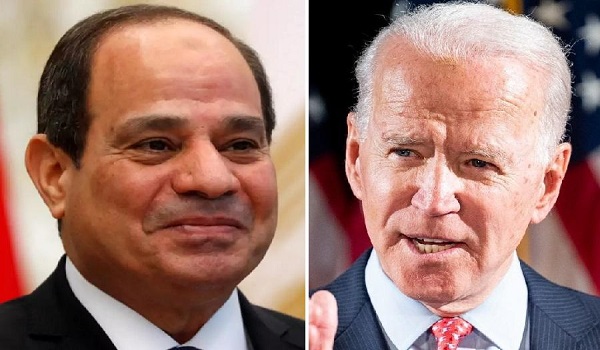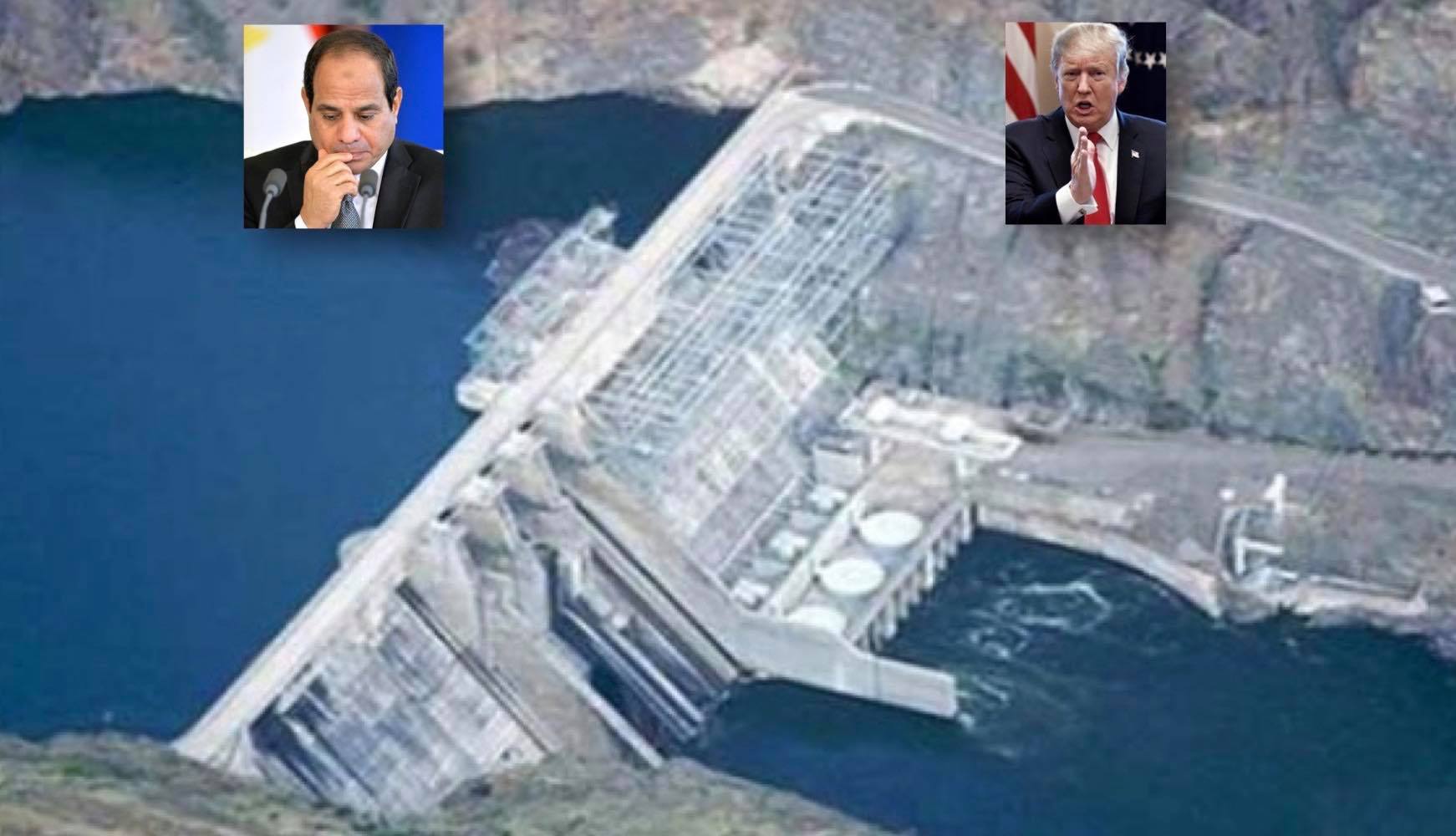Mohammed Ahmed
June 30, 2019
Journalists have been surprised by the decision of Al-Tahrir newspaper to shut down the publication within two months from now. However, the surprise was not that great given that their website has been blocked for more than a month for reasons which are unknown, even to the President of the Supreme Council of Media Regulation, which is the body responsible for blocking websites according to the new press and information law.
According to the newspaper’s official statement, the Al-Tahrir administration contacted the Supreme Council of Media Regulation, but the council replied that no decisions had been made over the website. Later, according to the statement, the administration also contacted the head of the Egyptian Syndicate of Journalists, Diaa Rashwan, who contacted many state authorities. Rashwan told the newspaper “there are no problems with the site.”
Later, after the website issued a statement, the Council of Journalists’ Syndicate issued a statement demanding a clarification on the circumstances under which the website was blocked. It confirmed that starting from May 9 it had communicated more than once with several authorities but has received no response.
This latest development raises old questions about who is blocking websites in Egypt. Also, how and on what grounds are the decisions made, especially since Al-Tahrir is just a news website, it does not belong to an opposition party. It adhered in most cases to the editorial policy set by sovereign bodies and security agencies. However, the most important question is what are the limits of the political role of businessmen in Egypt after the July 3 coup?
Why was Al-Tahrir blocked?
On May 9, the employees of the website were surprised by the fact that the site was not working, and after extensive contact with the Supreme Council of Media Regulation, they still do not know. Two days later, many privately-owned news websites such as Al-Masry Al-Youm, Al-Shorouk and Masrawy were also blocked.
According to a report published on May 17 by Daraj, the reason was that they did not adhere to instructions over publishing the summaries of Ramadan drama episodes. This interpretation seems logical because sites such as Youm7, Sout Alomma, and DotMsr did not get blocked because they were publishing summaries of the episodes after the broadcast on channels owned by the Egyptian Media Group.
The disrupted websites included Masrawy and Vito, which are affiliates of ONA Media Group owned by the businessman Naguib Sawiris, and Al-Masry Al-Youm newspaper, owned by a group of prominent businessmen notably Salah Diab, as well as other websites.
Nonetheless, the blocking of Al-Tahrir, which is owned by Akmal Kertam, was a day or two before that, which leads us to the second explanation – that it is political vengeance against Kertam.
Kertam is an Egyptian businessman and the President of the Conservative Party. He is also a member of the Egyptian parliament. Kertam opposed recent constitutional amendments and before that he was against selling the islands of Tiran and Sanafir to Saudi Arabia. He also submitted a draft bill to amend the controversial protest law. Kertam plays the role of the moderate opposition in the current political system in Egypt. He is inclined towards the Civil Democratic Movement and other parties that gradually split from the 3 July regime.
We do not know specifically whether Kertam is being punished for his political position, or if it is all about the attempts of security agencies, the General Intelligence and the Military Intelligence, to control the media market.
Security agencies control everything
Sawiris and Kertam were prominent examples of businessmen’s political ambitions after January 2011. They both founded parties or spent generous amounts on political and media activities aimed at creating a new foothold for these entrepreneurs in the political system. On the other side of the political equation, the state sought to monopolise the press and media industry through its major security agencies (General Intelligence and Military Intelligence). This started with the birth of the 3 July regime, which realised the danger of opening up the media space. From the first instance, the regime began to remove all media opponents starting with the channels owned by Islamists.
Afterwards, a new strategy was formed; the acquisition of private channels by businessmen close to the security services. The first of these deals was Ahmed Abou Hashima’s acquisition of ONTV in May 2016. The group, originally founded by Sawiris, had a balanced and objective editorial policy until Abou Hashima’s takeover. Afterwards, the Egyptian Media Group acquired a number of press websites including Youm7 and Sout Alomma.
In December 2017 Eagle Capital, a company affiliated with the Egyptian General Intelligence Directorate (GID), announced the acquisition of the Egyptian Media Group. Dalia Khorshid, the former Investment Minister, managed the acquisition. Eagle Capital is a direct investment fund that was founded just before the takeover deal to manage all civil investments of the GID.
Later, the group began to expand its ownership of media outlets. It bought Al-Hayah TV Network, and expanded its ownership, with the United Company for Printing, Publishing and Information Technology, another company owned by the GID, in their share in the Al-Nahar and CBC TV networks.
In 2016 Falcon, another company associated with the GID, acquired Al-Asema TV channel owned by the MP Said Hassassin. In 2017, D-media Group announced the establishment of the DMC Network. The group was owned and managed by Tariq Ismail, who is thought to be only a façade for the Military Intelligence. This was evident in the negotiations with Turki Al-Sheikh to save the network from financial losses. Abbas Kamel, the former head of the Military Intelligence Service, expressed dissatisfaction with the channel’s losses before Tariq Ismail was removed from his position.
As for the newspapers, the Egyptian Media Group owns several news websites, including Youm7, Sout Alomma, Ain Magazine, Egypt Today, Innfrad website, and Dotmsr. This, of course, is in addition to the state’s ownership of the three largest newspapers in Egypt, Al-Ahram, Al-Akhbar and Al-Jumhuriya.
Al-Shorouk and Al-Masry Al-Youm are the only private newspapers that enjoy major distribution. The first is owned by Ibrahim El Moallem and the second by Salah Diab, both well-known for their distinguished relations with Mubarak’s regime. This did not prevent the state from interfering in their editorial policy with what we might call self-censorship by buying the loyalty of these newspaper owners.
Transformation of the political authority
Of course, this can be seen as an indication that the ruling regime is kicking businessmen out of the political system in Egypt. However, other indicators, including the army’s involvement in the economy and the transformation of many businessmen in the construction and real estate sectors into “subcontractors” of the Armed Forces, point out that the ruling regime aims at suppress the political ambition of Egyptian businessmen.
Since the beginning of the neoliberal transition in Egypt in the 1980s, businessmen have been an important part of the power triangle. This was evident when these businessmen replaced the old bureaucrats within the National Democratic Party ranks between 2005 and 2011. This period witnessed increased activities of businessmen in the media market. Salah Diab and others founded Al-Masry Al-Youm, which was known to be an opposition newspaper. Ibrahim El Moallem founded Al-Shorouk. After the revolution, the market share of media outlets owned by businessmen increased. Perhaps the most prominent example was ONTV, one of the few TV channels that adopted the views of the rebellious youth in the period 2011 to 2013.
The current regime hates politics in absolute terms, but the new indicator of how it deals with businessmen’s ambitions shows it does not even want them to have any independent voice or move out of control. In any case, the system wants them to be “money bags” only.
The new regime does not deal with businessmen as Mubarak did. The regime has been determined from the outset to neutralise businessmen, especially with regard to their political ambitions. The ruling military component in the current Egyptian regime looks at businessmen as possible competitors. Since 2013, the regime has re-established nepotism in the economy. Businessmen such as Abou Hashima, Mohamed Abu Al Enein were kept close to authority circles while others were kicked out. It is unlikely that the owners of big companies will again have a dominant and clear role in economic decision-making, as was the situation during the last decade of Mubarak’s era. Businessmen with political agendas, like Sawiris, Kertam and others, are not welcomed as long as they have a voice which is semi-independent from the political discourse of the current regime.
The question remains, how can a conflict of this magnitude and complexity be solved? How can the current regime subject all businessmen to a political rhetoric that conflicts with their interests as military intervention in the economy is increasing?





Recent Comments